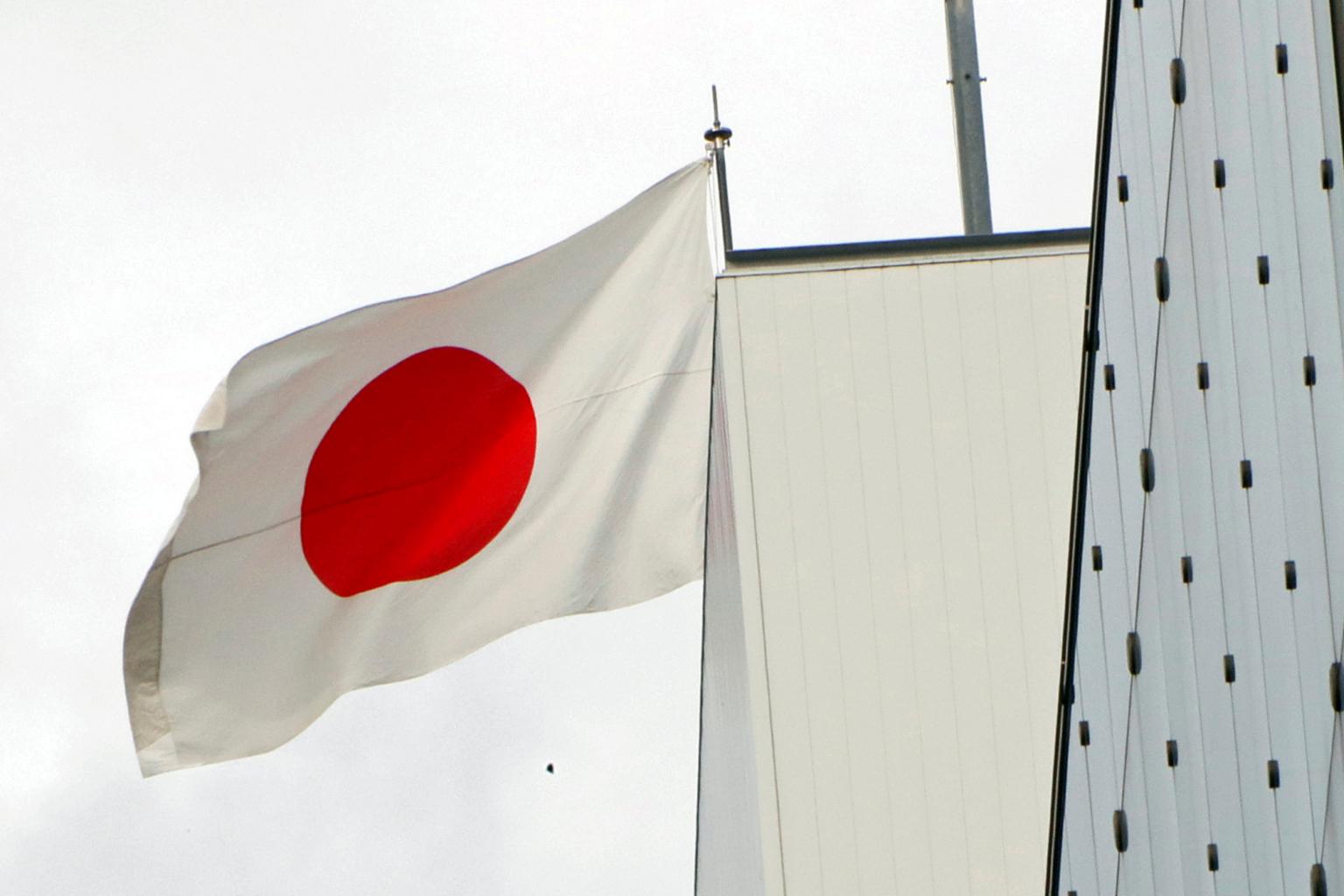The Asian Voice
Japan's quiet moves toward accepting immigrants: Korea Herald columnist
In his article, the writer says South Korea will soon need to take lessons from Japan on the issue of accepting immigrants.
Sign up now: Get insights on Asia's fast-moving developments

Among developed countries, Japan has been by far the most closed to immigrants. Japan has long valued social consensus, which has created an atmosphere of social conformity that can be rigid at times.
PHOTO: REUTERS
Robert J. Fouser
Follow topic:
SEOUL (THE KOREA HERALD/ASIA NEWS NETWORK) - The Olympics are no longer the big global moment that they were in the late 20th century, but, as events surrounding the Winter Olympics in PyeongChang showed, they still have symbolic power.
The Summer Olympics in 2020 will be held in Tokyo, and a short visit on the way back to the US from South Korea reveals the effects of the symbolic power of the Olympics.
As expected, the city is investing heavily in infrastructure.
Many train and subway stations are being upgraded.
New hotels are going up and older ones are being refurbished.
Construction is important to the Japanese economy, so the flood of money into infrastructure is good economic stimulus.
The amount of information in English and other foreign languages has also increased greatly.
Small shops in tourist areas now have information in English and sometimes other languages.
Chinese and Korean are the next most common languages, but an increase in visitors from Southeast Asia has raised the profile of languages from that region, too.
An unexpected surprise, however, is the use of English.
I lived in Japan from 1995 to 2008 and remember only a few times when I was spoken to first in English.
On this three-day stay, it happened multiple times. A few times, speakers appeared nervous, but usually they appeared comfortable using English.
On a Shinkansen trip from Tokyo to Osaka, where I got the plane to the US, I noticed that the conductor made an announcement in English after making it in Japanese.
Recorded announcements are still used, but the conductor's use of English reflects an attempt to engage with foreign passengers.
It also shows foreigners that Japanese are willing to use English instead of avoiding it as in the past.
The biggest change, however, is the number of foreigners.
In the 1990s, about 4 million foreign tourists visited Japan every year.
Slow but steady growth in the 2000s raised the number to 8 million near the end of the decade, but the sluggish world economy inhibited more growth.
Early in the 2010s, the Japanese government began to focus on promoting tourism and relaxed entry requirements.
Annual visitors reached 10 million in 2013 and jumped to 20 million in 2015 and then 30 million in 2018.
These figures have brought far-reaching changes to the tourist industry, which long catered to mostly domestic tourists.
Hotels and other places frequented by foreigners now hire Japanese-speaking foreign staff who can speak with tourists in their native language.
In some parts of Tokyo, most workers in convenience stores are foreign. They speak Japanese well, following the same manual used for Japanese workers. Most speak English well, and switch languages as needed.
According to statistics, Japan is 98.5 percent ethnic Japanese. The big question for Japan is how to deal with immigration.
Among developed countries, Japan has been by far the most closed to immigrants. Japan has long valued social consensus, which has created an atmosphere of social conformity that can be rigid at times.
At the same time, Japan's leaders know that the ageing of the population and eventual depopulation will greatly burden future generations and cause unknown social dislocation.
They know that, difficult as it may be now, immigration is critical to the country's survival.
In this context, the preparations for the Tokyo Olympics are part of a broader narrative about opening up Japan to immigration.
To overcome deep-seated resistance to immigration, people need to have contact with foreigners, both visitors and temporary residents.
They need to see non-Japanese residents not as foreigners, but as productive members of society who understand the importance of social consensus.
Resistance to immigration is found wherever it takes place.
The problem is the strength of the resistance. If resistance is strong, those feelings will make their way into mainstream politics as has happened recently in the US and Europe.
Because of the importance of social consensus in Japan, the country will not accept large numbers of immigrants until there is a broad and deep consensus to do so.
This means that Japan will most likely do well in accepting immigrants and integrating them into society.
Japan's leaders have already decided to open up the country to immigration. They are now concentrating on building the broad social consensus needed to make their plans work.
How Japan deals with increased immigration has important consequences for Korea, which will soon face an even more severe demographic crisis.
In particular, the process of consensus building will be most relevant because, like Japan, Korea has defined itself as an ethnically homogeneous society.
The writer, a former associate professor of Korean language education at Seoul National University, writes on Korean affairs. The Korea Herald is a member of The Straits Times media partner Asia News Network, an alliance of 24 news media organisations.

